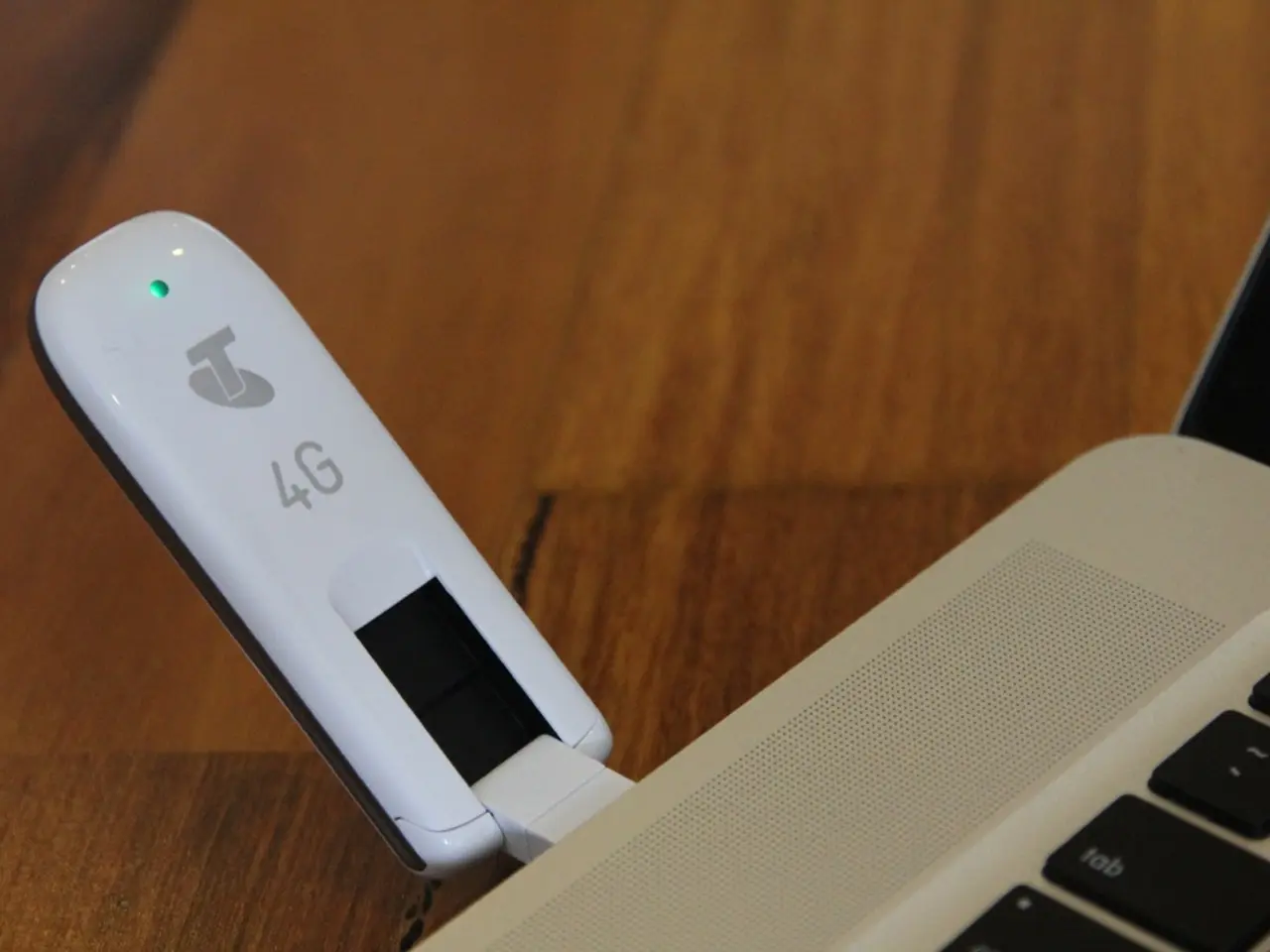Data usage in Nigeria peaks to an all-time high in July, despite a drop in subscriber numbers
In the dynamic world of telecommunications, Nigeria continues to evolve, with significant changes observed in recent months.
According to the latest data, 3G usage in Nigeria is on a steady decline, with only 7.38% of connections on 3G as of July. This shift is primarily due to more Nigerians moving to higher generation networks, specifically 4G and 5G.
The increase in data consumption has been substantial. In July, Nigeria reached an all-time high of 1.1 million terabytes used, surpassing the previous milestone set in May. This surge in data consumption, however, has not been enough to prevent a decline in total internet subscriptions across various networks. The figure dropped to 138.7 million in July from 141.1 million in June.
Internet subscriptions on mobile network operators (MNOs) accounted for the majority of the loss in July. Among the major players, Airtel Nigeria experienced a significant drop, with its active subscriptions plunging to 56.5 million in July from 58.9 million in June. Airtel lost 2.4 million subscriptions in the month of July. Despite these losses, Airtel maintains the second position with 33.42% share of the market.
MTN, the dominant player in the market, also experienced a minor setback, losing 106,345 subscriptions in the month of July, bringing its database to 89.1 million. However, MTN continues to hold the largest market share at 52.70%.
Globacom's market share stands at 12.26%, but the company saw a decline in active mobile subscriptions, with a drop of 143,701 to 20.7 million.
The country's teledensity also took a dip, declining to 78.11% in July from 79.22% recorded in June. This decline in active mobile subscriptions, while not specifically provided for each network, is indicative of the overall trend in the industry.
Interestingly, the shift towards higher generation networks is reflected in the internet usage patterns. As of July, 50.85% of Nigerian internet users were on 4G, and 3.17% were on 5G.
In response to these trends, Airtel Nigeria's CEO, Dinesh Balsingh, announced that the company is investing heavily to accelerate the deployment of 5G in the country. Balsingh, who took over the reins at Airtel Nigeria, is committed to driving the company's growth in the competitive Nigerian market.
9mobile's market share is 1.61%, despite gains recorded in the month. The company's position in the market remains stable, offering competitive services to its subscribers.
These changes in the Nigerian telecommunications sector underscore the ongoing evolution of the industry, as more Nigerians embrace higher generation networks and data-intensive services. As the market continues to grow and adapt, it will be interesting to see how the major players respond and adjust their strategies.








